The Basics of a Slip and Fall Case

It happens to the best of us; we slip, we fall, we hurt ourselves. The majority of the time, we spring back up and continue on. Unfortunately in some instances, the injuries sustained from a fall can be rather serious, requiring major medical attention and perhaps even leading to life-long disabilities.
In these circumstances, the natural reaction is to seek compensation from the responsible party. But who might that be?
What is a Slip and Fall Case?
From a legal standpoint, a slip and fall case is a type of personal injury claim that an individual may pursue if they slip, trip, or fall on the premises of another and, as a result, suffer an injury. Importantly, the fall must be a result of the property owner’s carelessness or negligence. For example, torn carpeting, icy steps, inadequate lighting, cracked walkways, and slippery floors are all common conditions that may lead to an individual falling as a consequence of a property owner’s inattention.
Proving your fall is directly caused by another’s negligence is surprisingly difficult. To ascertain the legitimacy of your claim, one of three facts must be indisputably proven:
- The owner created the dangerous conditions that lead to the fall
- The owner knew about the dangerous conditions that lead to the fall, and intentionally chose not to fix them
- The dangerous conditions that lead to the fall were present for such a length of time, that the owner had reasonable opportunity to fix them, but did not
Furthermore, it must be clear that the accident wasn’t a product of the own injured individual’s carelessness—this is sometimes called “comparative negligence”. A good example here is a recent dispute between Darlene Hanes and the Loblaws grocery chain. Ms. Hanes suffered an injury from a slip at one of Loblaw’s properties. After much litigation, the court decided that Ms. Hanes’ decision to wear high-heeled shoes in icy, snowy conditions was a principle cause of her injuries. Ms. Hanes’ was the at-fault party because of her poor shoe-choice, not the store for their negligence.
This seems logical, but many people fail to recognize that some injuries are simply accidents caused, if anything, by their own carelessness.
Talk to An Attorney NowWhere can Slip and Falls Occur?
Theoretically, slip and falls can occur on any property that is owned and maintained by someone or something else. Residential, commercial, and government-owned properties are among the most common settings.
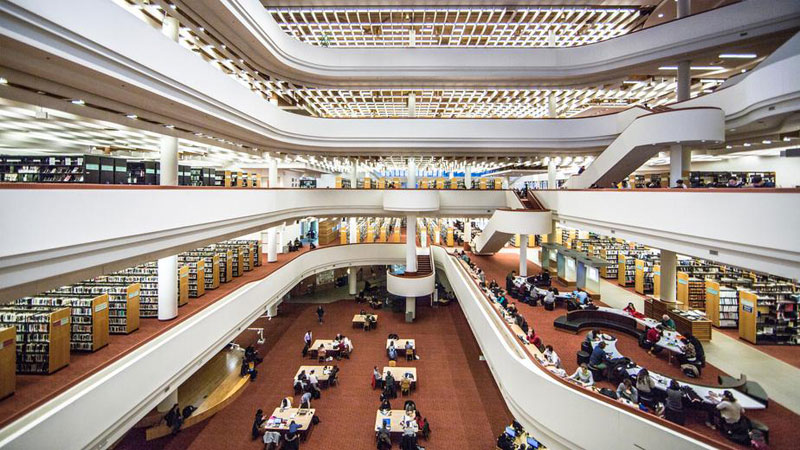
Many residential slip and fall actions are disputes between landlords and tenants. The argument is usually about building safety codes, and whether the property meets the required safety standards. Hazards such as cracked stairs, missing hand-rails, or icy concrete may result in injuries sustained by tenants, and further lead to legal proceedings against landlords.
Incidents that occur on commercial properties (such as restaurants, grocery stores, or other businesses) are among the most frequently filed slip and fall claims. If the business owner caused or was aware of the dangerous condition that led to the incident, then they are legally responsible for the injuries incurred. Alternatively, if the owner/employee “should” have known of the dangerous conditions, they may also be held liable. It’s important to note that determining if the property owner “should have known” about a hazardous condition is often difficult.
Slip and falls that occur on state or government property can also be taken to court; however special regulations apply that typically protect government entities from liability. For this reason, personal injury claims against cities, states, and governments are generally unsuccessful.
The Bottom Line
Slip and falls can occur virtually anywhere, and may lead to significant injuries, especially for older individuals. In a strong slip and fall claim, the injured individual’s slip, trip, or fall is a direct consequence of a property owner’s failure to maintain the safety of their facility.
Although slip and falls may be difficult to prove, it’s likely wise to speak to an attorney regardless. Many personal injury firms offer free or low-cost conciliations. An experienced attorney can discern whether your accident may constitute a strong and legitimate legal claim.

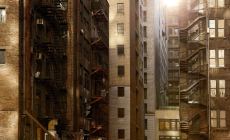 Can I Sue my HOA for a Slip and Fall?
Can I Sue my HOA for a Slip and Fall?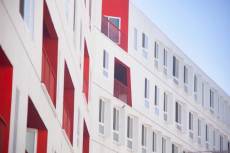 Can I Sue my HOA for Unsafe Conditions?
Can I Sue my HOA for Unsafe Conditions?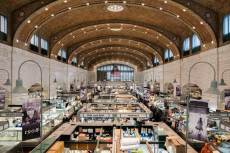 Are Grocery Stores Liable When I Slip and Fall?
Are Grocery Stores Liable When I Slip and Fall?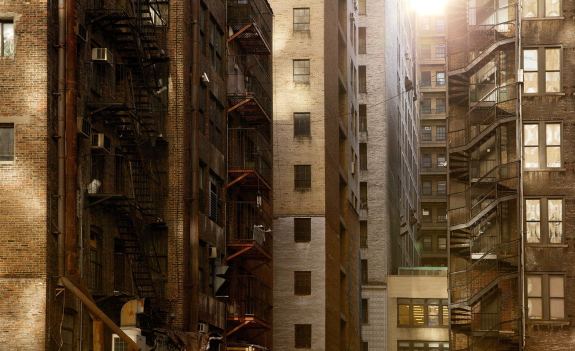 Can I Sue my HOA for a Slip and Fall?
Can I Sue my HOA for a Slip and Fall?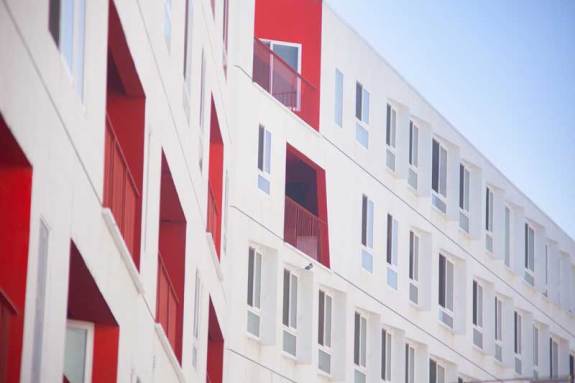 Can I Sue my HOA for Unsafe Conditions?
Can I Sue my HOA for Unsafe Conditions?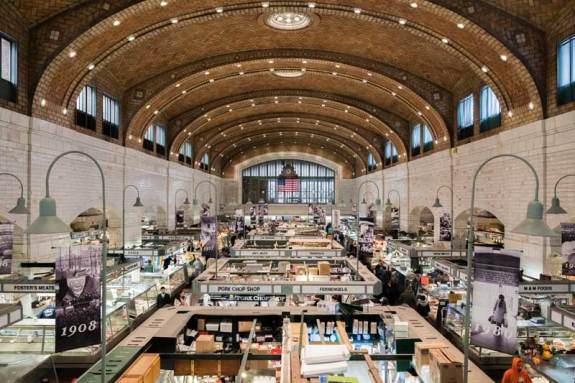 Are Grocery Stores Liable When I Slip and Fall?
Are Grocery Stores Liable When I Slip and Fall?


